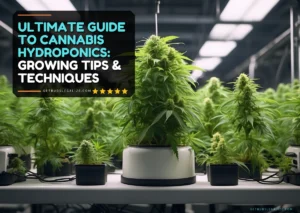A Complete Guide To Crafting Your THC Syrup At Home
Unleashing The Art of Homemade THC Syrup In the ever-evolving world of cannabis consumption, enthusiasts are constantly exploring innovative ways to enjoy the benefits of this versatile plant. One such creation that has been gaining traction in recent years is THC syrup. This concoction offers a unique and customizable way […]
Chocolope Strain Review & Growing Guide Chocolope, also known as “D-Line”, is a very potent Sativa-dominant strain, celebrated for its full-bodied flavor and aroma. This …
Durban Poison Strain Review & Growing Guide Durban Poison has rightfully earned its esteemed reputation as one of the most coveted Sativa strains available today. …
MSNL Seed Bank Review: A Comprehensive Look at Quality Seeds and Customer Experience In the ever-expanding world of cannabis cultivation, finding a reliable seed bank …
GMO Cookies Strain Review & Growing Guide GMO Cookies, also known as GMO Garlic Cookies, is indeed a highly regarded hybrid strain renowned for its …
Chemdawg Strain Review & Growing Guide In the rich tapestry of cannabis strains, few captivate as much intrigue and admiration as Chemdawg. Veiled in mystery, …
Sunset Sherbet Strain Review & Growing Guide Sunset Sherbet, an Indica-dominant strain derived from the iconic Girl Scout Cookies, boasts a reputation for its potent …































